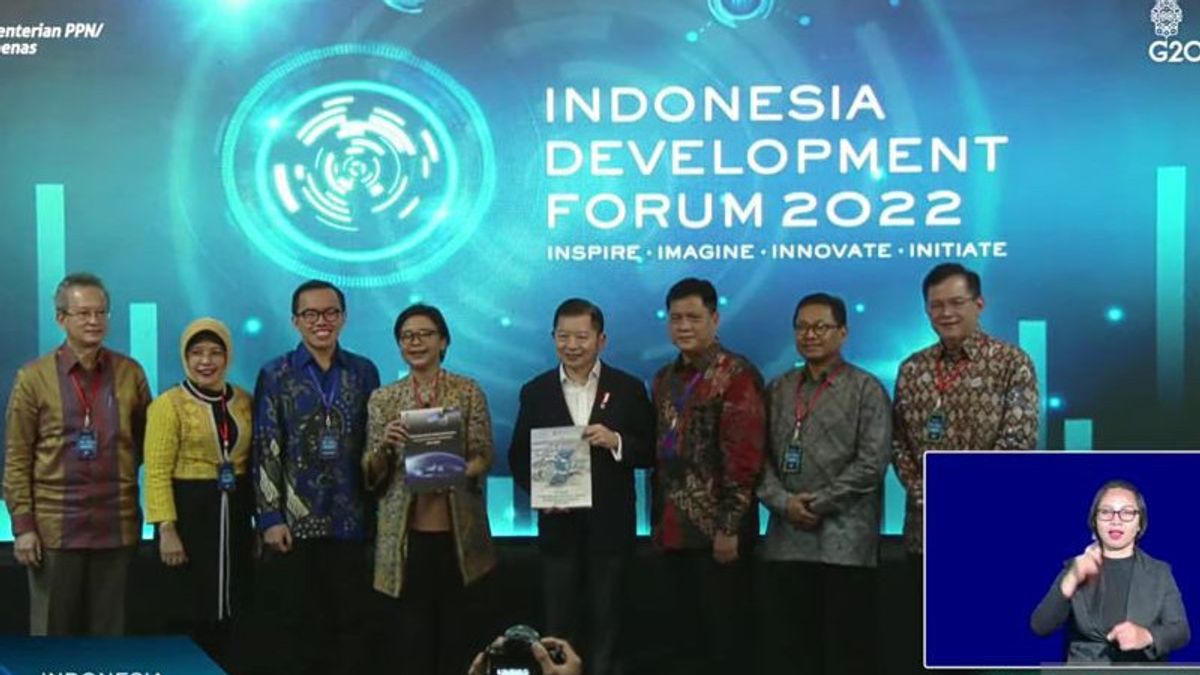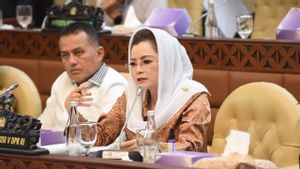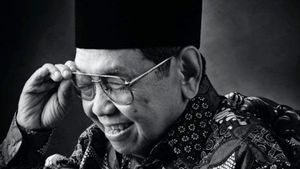JAKARTA - The Ministry of National Development Planning/Bappenas launched a Roadmap document for the Development of the Aerospace Industry Ecosystem 2022-2045 as an effort to create a globally resilient and competitive industry.
"Aerospace industrial roadmaps are needed to create a strong and competitive industry towards Indonesia's 2045 gold," said Head of Bappenas Suharso Monoarfa as quoted by Antara, Monday, November 21.
This document contains various targets that the Indonesian aerospace industry wants to achieve by 2045, including Indonesia targets to become a Turboprop aircraft manufacturer with a capacity of less than 100 seats with the latest technology, becoming a producer of the Large Cargo Drone with a capacity of 2 tons, becoming the main manufacturer of the flight simulator.
Then, by 2045, Indonesia targets the value of the Domestic Component Level (TKDN) of aircraft components to double, become part of the Tier 1 Aerostructure Global, increase market share by up to 2 percent of the aircraft component industry's global supply chain, and get a component trade surplus.
Then, the Indonesian aerospace industry is targeted to achieve absorption in Maintenance, Repair, and Overhaul (MRO) services of US$2 billion by 2045.
Furthermore, in flight services, it is targeted to be able to connect 263 cities in Indonesia and 135 cities abroad with high safety and service standards, and to be able to serve an increase in the number of aircraft traffic, passengers and cargo 3 times to 4 times in 2045.
Meanwhile, this industrial development stage is divided into several phases, which include, in 2022-2024 consolidation strengthening, 2025-2029 capacity building and strategic partnership, 2030-2034 increasing commercialization, 2035-2039 strengthening innovation, lastly, 2040-2045 sustainable and competitive growth.
Furthermore, Suharso said, a strong ecosystem is needed to develop aerospace industry that is resilient and globally competitive
"A strong ecosystem must be supported by all stakeholders," said Suharso.
Thus, this document also mentions the stakeholders who need to support this ecosystem, including the government, industrial association, educational and training institutions, certification institutions, and the research ecosystem.
In addition, the aircraft component industry, the MRO industry, airline operators, and airports.
The English, Chinese, Japanese, Arabic, and French versions are automatically generated by the AI. So there may still be inaccuracies in translating, please always see Indonesian as our main language. (system supported by DigitalSiber.id)









